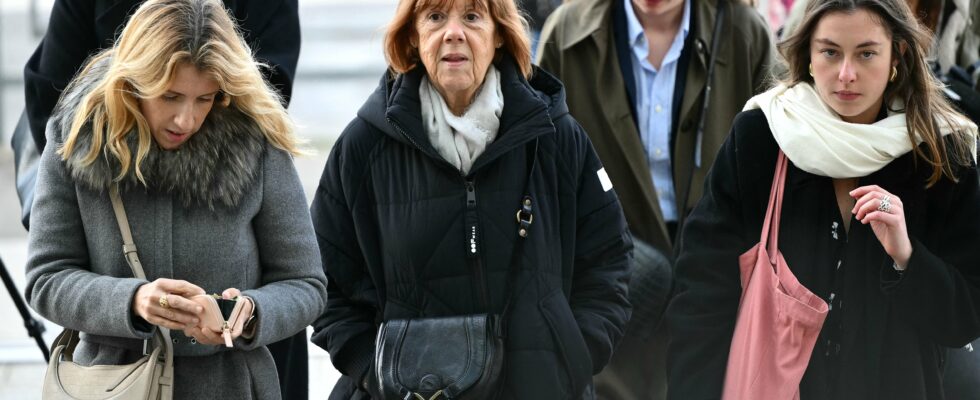In the Mazan affair, trial of collective rape by chemical submission, the enigmas follow one another. How can we explain that a man, a husband by day, becomes an enemy by night? How can all these men who appear alongside him be described as good spouses, good brothers and good fathers of families by those around them?
The question of evil has always sought its answers. Socrates explained that those who commit injustice do not know where the good lies, if not confuse it with their own interest. Psychiatry and psychoanalysis have taken over to probe the human mind. They understand it through the prism of childhood history: the way a child was raised is decisive for his development. The WHO estimates that “abused children, when they become adults, are more exposed to various behavioral, physical or psychological problems.” This crucial observation allows us to qualify naive voluntarism. However, nothing can prejudge the trajectory of a being: their innate faculties, combined with other beneficial factors (the meeting of adults ready to help), can influence the evolution of each person. Free will is not abolished, in which case it would be impossible to maintain the judicial institution.
However, from the 19th century, the judge’s task became more complex: he had to judge a crime while assessing the degree of responsibility of the accused. For this, the judge calls on the doctor who will help him establish the discernment and motivations of the accused, who will produce an account of his life at the bar of the court. The therapeutic benefit is evident. But does understanding a life allow us to better judge an act? For some, the answer is positive, for others, doubt is allowed. Thus, Michel Foucault described the expertise as “grotesque”, considering that it distorted both justice and psychiatry: do we want to judge an act or normalize behavior? The individualization of sentences has progressed and experts, only called upon to establish discernment, have become auxiliaries of the judge in establishing psychological and moral responsibility.
We always judge choices
The psychologization of the protagonists of a trial demonstrates that it is no longer just a question of judging a crime, but of identifying a personality, or even purging its errors. Humanist justice thus oscillates between education and punishment, believing that we cannot sanction without understanding nor understand without punishing. For our progressive society, the challenge consists of avoiding two contrary excesses: neither giving in to pure repression banning the hope of reintegration, nor to absolute benevolence obscuring everyone’s responsibility.
By referring the individual too much to the psychosocial context in which he finds himself, we risk losing sight of his responsibility. This trend is found at the very heart of the Mazan trial. Some defendants thus deny any intention of rape, sometimes arguing that they were manipulated by Mr. Pélicot, sometimes that they were victims of an unhappy and violent past. Without denying that phenomena of cultural influence, mental control, or even blindness can intervene, it is surprising to note that the error does not give rise to a burst of responsibility for the present.
“No determinism is absolutely binding.”
The search for the moral causes of an act is based on two presuppositions. First, it would be the result of a personality. But it can also constitute one of the stones enabling it to be built. Then, it would be the result of a chain of causes and effects. However strong the influences suffered, they are not strictly determining. Ethical dilemmas are, in this regard, the most favorable moments to make someone feel the various possibilities available to them. We can look for motivations for actions, but we always judge choices. As Gisèle Pélicot said to her ex-husband: “I have always tried to pull you upwards, towards the light. You have chosen the depths of the human soul. It is you who chose.”
No determinism is absolutely binding. Psychological expertise such as social contextualization is interesting, but powerless to explain everything. Let us not hide the freedom which allows everyone, including the unfortunate, to reject cruelty. By wanting to understand everything, we risk altering the mystery and grandeur of individual responsibility.
*Sophie Galabru is a philosopher and the author of Make family (Allary) and The Face of Our Anger (Flammarion).
.
